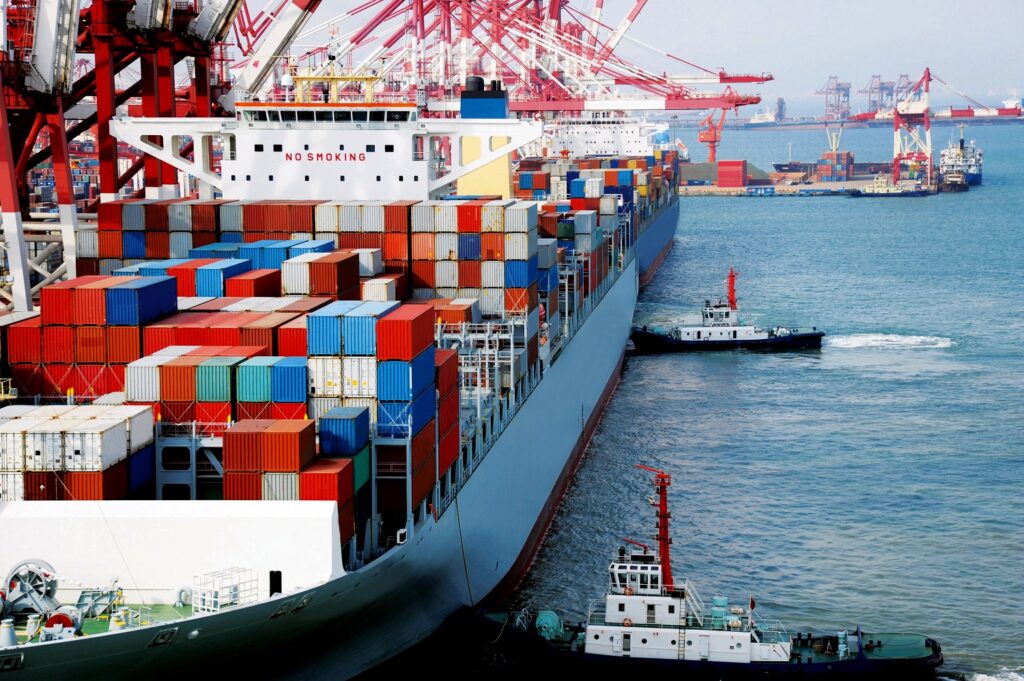Fluent Cargo CEO: "Fresh produce sector is particularly vulnerable to trade disruptions"

Global routing solutions provider Fluent Cargo, which tracks international shipping movements, released new data showing that the Red Sea disruptions are forcing the most significant realignment of shipping routes in recent years. Exclusive numbers show a 33% drop in Asia-Europe capacity.
Fluent Cargo's CEO, Archival Garcia, spoke to Freshfruitportal.com about the impact, saying the reroutes are having a substantial effect because "ships are being forced to reroute around the Cape of Good Hope in South Africa, adding approximately 3,500 nautical miles to their journey."
To put this in perspective, he explained that vessels are abandoning the Suez Canal, which handles 10% of global seaborne trade, and returning to the lengthy maritime path that the Canal was specifically built to avoid in 1869. "This isn't just a minor detour; it's a fundamental disruption to established global trade routes," he emphasized.
The Red Sea Crisis began in October last year and disrupted global shipping. Dozens of merchant vessels were attacked, forcing hundreds of commercial ships to reroute around South Africa. Garcia called it a complex situation that "has effectively compromised one of the world's most crucial maritime trade routes."
The maritime disruption has hit Fresh produce trade particularly hard due to shipping times directly impacting product quality and value. "For perishable goods like fruits and
vegetables, extended transit times don't just mean delayed delivery – they directly affect
product freshness and market value," said Garcia. "This creates a challenging situation where increased shipping times and costs are squeezing margins for both growers and
distributors."
The key challenge currently is transportation, especially for growers in the Southern Hemisphere, including Brazil, Colombia, South Africa, Chile, and Peru. Garcia said the Panama Canal's delays due to drought and security concerns in the Red Sea have disrupted the Suez Canal route.
"For Southern Hemisphere producers who rely on these waterways to deliver off-season produce to global markets, these disruptions are affecting their ability to maintain reliable supply chains," he adds. "The impact extends beyond logistics to product freshness, market timing, and the profitability of their operations."
The disruptions' effects bleed into other areas essential to the industry, including global prices and the environment.
"The interconnected nature of modern trade means that disruptions in one region create cascading effects worldwide," he explained. "The rising costs are impacting an already stressed global economy and supply chain, affecting everyday lives across all continents and the forced rerouting is causing vessels to cover substantially longer distances, while some businesses are shifting to air freight to meet delivery timeframes. Combined with increased road shipments to work around the conflict zone, we're seeing a notable rise in global emissions."
He says grapes, olives, coffee, avocados, and kiwi fruit are among the perishable products experiencing significant impacts. Beyond fresh produce, "the disruption is affecting the transportation of essential commodities including fuel, oils, and grains."
He says the solution is not straightforward. To address the disruption, immediate and long-term strategies need to be implemented. One strategy is developing alternative routes that can "match or exceed the efficiency of the Suez Canal." In the meantime, working with data and technology platforms like Fluent Cargo could help businesses optimize their routing options.
"Sensonomic, a Norwegian start-up, is at the forefront of embracing data and is transforming raw agricultural data into a goldmine of insights, paving the way for more profitable, sustainable, and regenerative farming practices," he added.
He explained that "yield predictors and harvest planners are most important to growers, but a reliable supply chain is needed to capitalize on fruitful seasons."












































